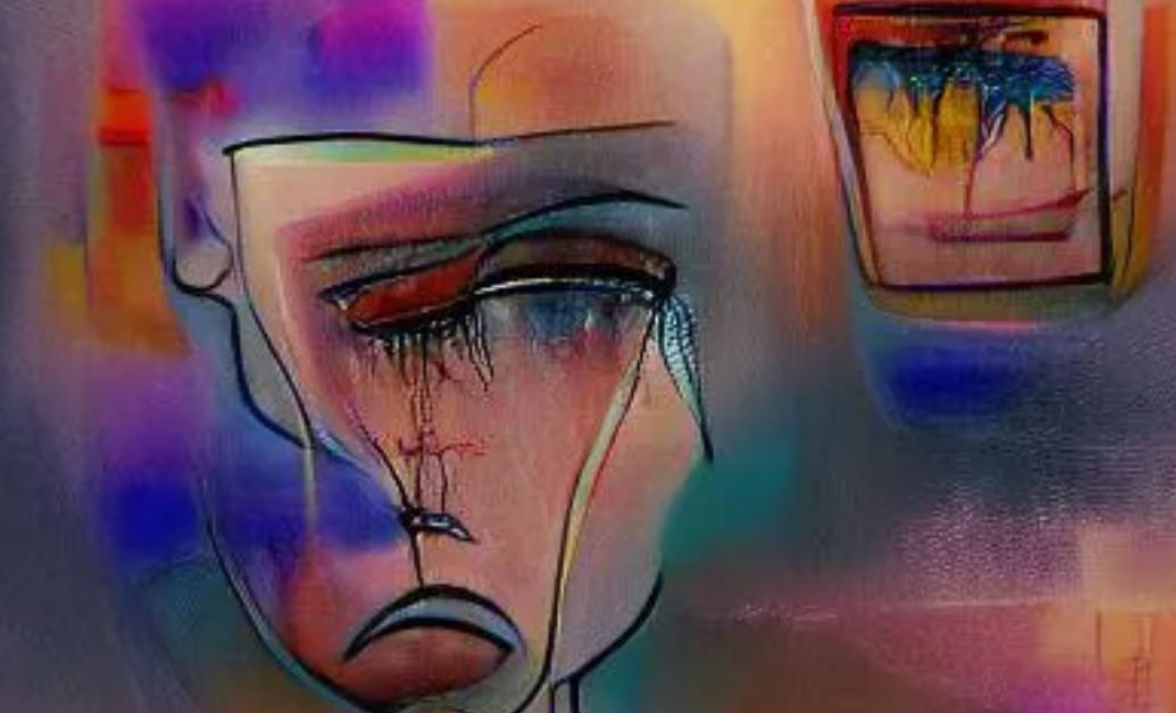By Polina Pallieraki,
When we try to avoid pain, we often find ourselves suffering even more. It is a fact that the centers for the feelings of joy and pain are situated very close to each other in our brain. The book Dopamine Nation by Anna Lembke uses real-life cases and statistical evidence to explain how the human brain works and how it can become addicted not only to substances and habits, as we are already aware, but also to pain itself. You might be surprised to hear that someone could become addicted to pain but never forget that the human mind is capable of extraordinary things.
Too much dopamine
Dopamine is included in the group of the so-called “happiness hormones”, along with oxytocin and serotonin. It plays a vital role in our motivation, general behavior, and decision-making, all of which heavily impact our everyday life. In today’s world, dopamine sources are abundant and quite easy to access with little to no effort –from social media and video games to TV shows, food, alcohol, and various substances. This effortless abundance actually leads to the rapid depletion of our dopamine levels, making us increasingly impatient and less able to tolerate monotony. Continuous exposure to constant stimuli results in a brain that is forever overstimulated and restless, struggling to adapt to more peaceful rhythms. This accounts for the sharp decline in attention span to just 8 seconds and why Generation Z, more than any other previous generation, exhibits widespread symptoms similar to those of ADHD.

Embrace your pain
It’s true that welcoming pain into our lives can be beneficial, but what happens when we become too accustomed to it? It might seem contradictory, but pain can sometimes turn into a “comfort zone”. The more we endure pain, the more natural it feels, and eventually, we begin to see it as a familiar, common occurance. This familiarity with pain can lead to a sense of unease when something positive comes our way, making us reluctant to embrace anything that might alleviate the pain we’ve grown used to. It’s like the two sides of the same coin: on the one hand, we wish to escape the pain for obvious reasons, but on the other, deep down, we might prefer to keep it around because it provides us with comfort and safety. When we are not familiar with something, even if it’s positive, we usually experience a sense of threat that must be eliminated.
Pain can be torturous, but it’s something familiar, something we know how to deal with. The idea of facing something new scares us and makes us want to retreat. Even when an opportunity arises that we genuinely want, we might self-sabotage out of fear of taking a risk and failing. Naturally, we’ll come up with an excuse for letting a chance slip by, but at the same time, we’ll feel guilty and anxious, worried that we’ll never break free from this endless cycle and always miss out.
Nothing Lasts Forever
Everything in life comes to an end, including our very existence. You can’t stay in a state of pure bliss forever, but neither can you remain in a state of complete misery. Both constant happiness and unending sadness are two extremes that can become monotonous, and as humans, we’re not designed to endure a situation like that for too long. Our lives find purpose in solving the challenges we choose. Everyone chooses and bears their own burden.

The things we hold near and dear to our heart and that mean the most to us can be sources of both joy and pain. Their presence brings us happiness, while their absence can be devastating. If you try to avoid pain (or a new form of pain), you risk missing out on the chance to experience something truly meaningful, such as a romantic relationship for instance. So, let yourself feel both joy and pain –your body and mind know how to find balance if you allow them to.
Our dependence on the constant pursuit of dopamine has made us more vulnerable and less equipped to handle challenges. Yet, the intense effort to stay unhurt and consistently protected/happy eventually leads to anhedonia –the loss of the ability to feel pleasure. The only way to regain the ability to experience joy is by allowing ourselves to feel pain. Since the centers for joy and pain are so closely located in the brain, one balances the other out, restoring the body’s equilibrium as follows:
When we go through pain, we expect a reward (dopamine) as compensation for what we’ve endured. In the same way, when we are in a state of happiness, we tend to become more complacent, and life takes on meaning when a new challenge (pain) arises. Even the fact that we are born crying shows that human existence is deeply connected with pain. Pain in life is unavoidable and essential because, first, it reminds us that we are alive, and second, it strengthens our mental resilience.
References
- Γίνεται να εθιστείς στον πόνο; Maxmax. Available here
- Πόνος-βάσανα-εθισμός. Spiritual cluster. Available here
- I burn myself to get high. Phychiatrist. Αvailable here




